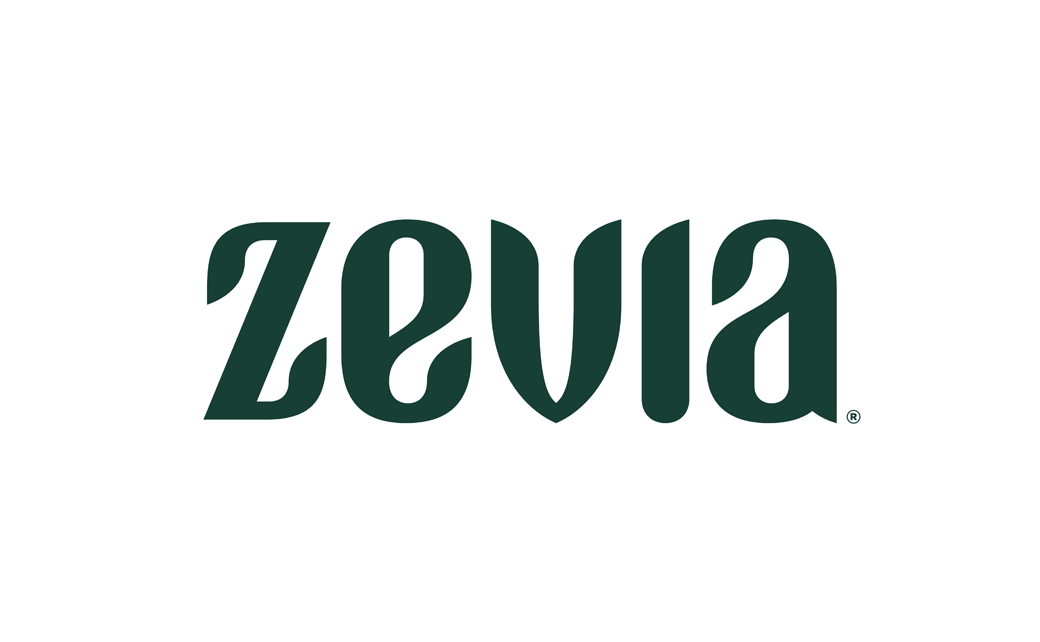Celebrating Labor Day: Honoring Workers and the American Spirit
As we observe Labor Day, the air is filled with the anticipation of a long weekend, barbecues, and the last hurrah of summer.
But beyond the festivities and relaxation, the first Monday of each September carries a profound significance. It’s a day to honor the American workforce, their contributions, and the spirit of hard work that has shaped this nation. As an executive recruiting firm, we understand the value of a dedicated and skilled workforce, which makes Labor Day an ideal opportunity to explore its origins, significance, and why US companies observe it.
The Origins of Labor Day
Labor Day, contrary to popular belief, didn’t originate as just another day off. Its roots are deeply embedded in the labor movement of the late 19th century. To truly appreciate the significance of Labor Day, let’s delve into its fascinating history.
- 1.Haymarket Riot (1886): Labor unrest was prevalent in the late 19th century. One of the most notable events leading to Labor Day was the Haymarket Riot in Chicago in 1886. Workers were striking for an eight-hour workday when a peaceful rally turned violent. In the aftermath, several labor leaders were arrested and later executed. This event sparked a wave of protests and sympathy for labor rights across the nation.
- 2.Labor Leaders and Unions: The late 19th century saw the rise of influential labor leaders like Samuel Gompers, who founded the American Federation of Labor (AFL). Unions played a vital role in advocating for workers’ rights, including better working conditions, fair wages, and reasonable hours.
- 3.Pullman Strike (1894): Another pivotal moment in labor history was the Pullman Strike. Employees of the Pullman Palace Car Company in Chicago went on strike, demanding better wages and working conditions. President Grover Cleveland declared it a federal crime to interfere with the mail, which was being disrupted due to the strike. This move further fueled tensions between labor and management.
- 4.Labor Day’s Recognition: Amid this turbulence, the idea of a national holiday to honor the American worker gained momentum. Oregon became the first state to officially recognize Labor Day as a public holiday in 1887, followed by several other states. President Grover Cleveland signed it into law as a national holiday in 1894, just days after the Pullman Strike ended.
It’s Significance to the American Workers
Now that we’ve explored the historical backdrop of Labor Day, let’s shift our focus to why this day continues to hold significance in the 21st century.
- 1.Celebrating Workers: Labor Day is a day to celebrate and acknowledge the tireless efforts of workers across various industries. It’s a time to appreciate the dedication and commitment that their team members bring to their jobs, day in and day out.
- 2.Life Balance: In an era where life balance is a growing concern, Labor Day serves as a reminder that the well-being of team members should be a priority. It encourages hiring brands to reflect on their policies and practices to ensure a healthy work environment.
- 3.Economic and Social Progress: Labor Day symbolizes the progress made in workers’ rights and labor conditions over the years. It reminds us of the importance of fair wages, safe working conditions, and reasonable working hours, which are still ongoing battles in some industries.
Why US Companies Observe Labor Day
We understand the importance of corporate culture and the role it plays in attracting and retaining top talent. Observing this national holiday is not just a legal requirement but also a chance for companies to demonstrate their commitment to their workforce and the community. Here are some reasons why US companies observe Labor Day:
- 1.Team Member Well-being: It allows companies to show their appreciation for their team members’ hard work and dedication. Recognizing the holiday by giving the team a day off or organizing special events fosters a sense of belonging and well-being among the workforce.
- 2.Morale Boost: A well-observed Labor Day can boost team morale. It sends a positive message that the company values its team members and acknowledges their contributions. This, in turn, can lead to increased motivation and productivity.
- 3.Community Engagement: Many companies use this day as an opportunity to engage with the local community through charitable activities or events. This not only enhances the company’s public image but also strengthens ties with the community.
- 4.Compliance with Labor Laws: Observing the holiday is not just a gesture of goodwill but also a legal requirement for most companies. Compliance with labor laws, including holiday pay and time-off policies, is essential to avoid legal issues.
- 5.Recruitment and Retention: In today’s competitive job market, companies that observe Labor Day and prioritize team well-being are more attractive to top talent. It can be a crucial factor in both recruitment and retention efforts.
Conclusion
Labor Day is not just another day off; it’s a day to reflect on the struggles and triumphs of the American workforce. From its origins in the labor movement of the late 19th century to its significance in the 21st century, it continues to remind us of the importance of fair labor practices and the value of a hardworking workforce.
We encourage companies to use this day as an opportunity to strengthen their corporate culture, boost team morale, and engage with their communities. By doing so, they not only honor the past but also invest in a brighter future for their organizations and the American workforce as a whole.


















